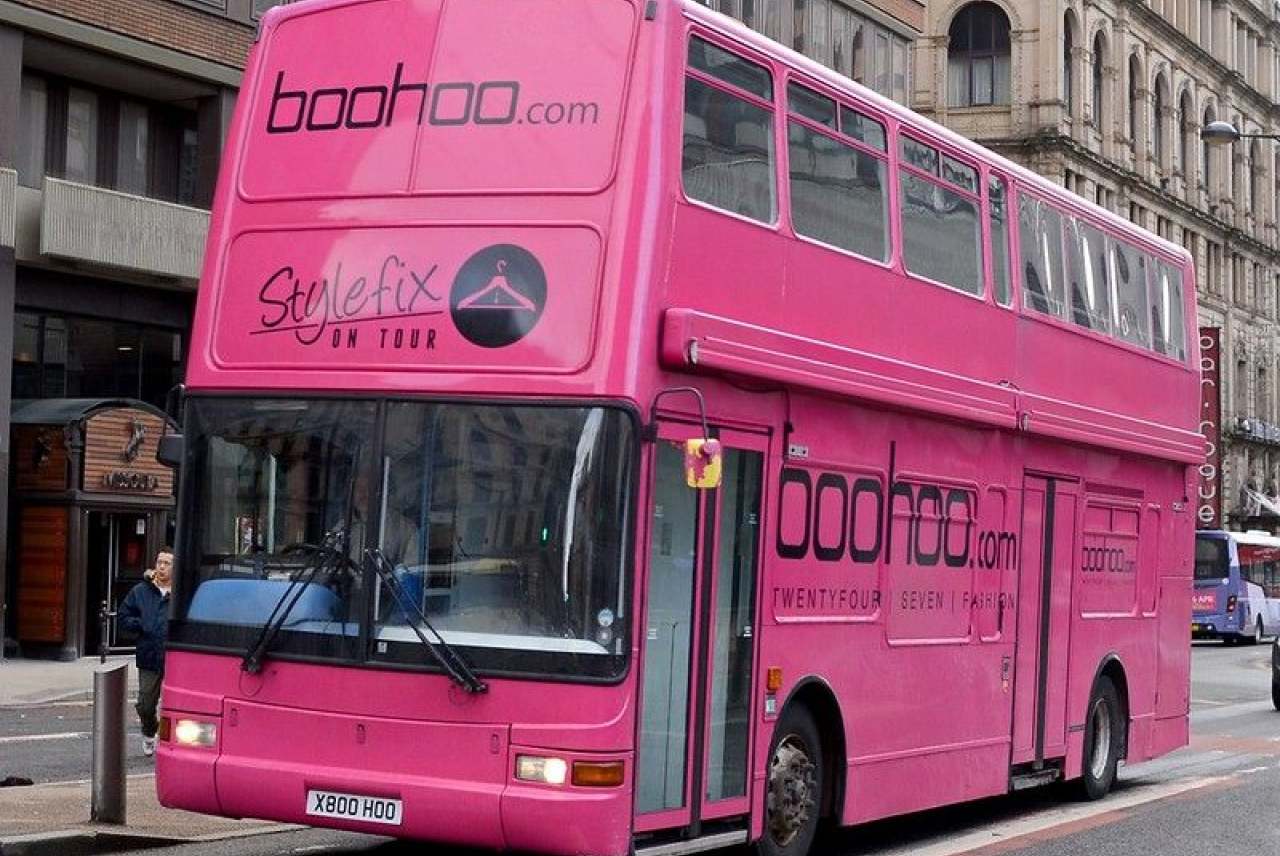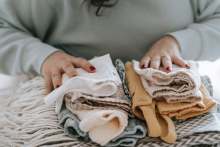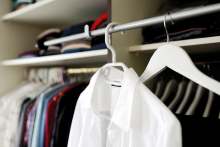Established high street names such as Debenhams and brands under the Arcadia Group including Topshop, Topman and Miss Selfridge, have been bought out by Boohoo and ASOS. Many people are concerned about the impact that some of these buy-outs may have for workers, the environment and consumers.
Boohoo has bought Burton, Debenhams, Dorothy Perkins, Principles and Wallis. Boohoo is a fast fashion brand which was founded in Manchester in 2006, and targets a younger audience. Unlike ASOS, it makes the clothes it sells, with the vast majority made in Britain. They say they drop ‘over 500 new products a week’. The company receives an ethical rating of just 3 for its unsustainable and exploitative practices.
ASOS is a British online fashion retailer which was founded in 2000 and also targets a younger audience. According to their website they have 168 suppliers who use 713 factories around the world. They have acquired Miss Selfridge, Topshop and Topman, along with HIIT activewear. Although it receives a middling ethical rating of 7.5, ASOS is in fact a Recommended Buy in our High Street Clothing Shops guide - in stark contrast to Boohoo.
Who owns what now?
The brands that have recently been bought are shown in the table below.
Ethical rating scores for brands bought out by Boohoo have plummeted. Burton, Dorothy Perkins and Wallis have seen their ethical rating halve as a result of the buy-out.
For the brands taken over by ASOS, scores have not been so badly affected, and some may even have seen a marginal improvement to their ethical rating.
| Brand/stores | New owner | Old rating | New rating |
|---|---|---|---|
| Burton | Boohoo | 7 | 3 |
| Debenhams | Boohoo | 3 | 3.5 |
| Dorothy Perkins | Boohoo | 7 | 3 |
| Miss Selfridge | ASOS | 7 | 7.5 |
| Topman | ASOS | 7 | 7.5 |
| Topshop | ASOS | 7 | 7.5 |
| Wallis | Boohoo | 7 | 3 |
Boohoo previously bought Coast, Karen Millen, Oasis and Warehouse and already owns Pretty Little Thing and Nasty Gal.
Some previous big takeovers, such as SC Johnson’s buyout of Ecover and Method, have led to boycott calls.






